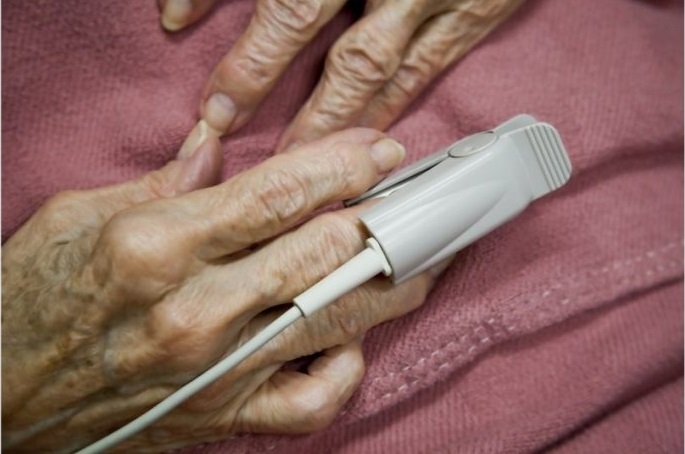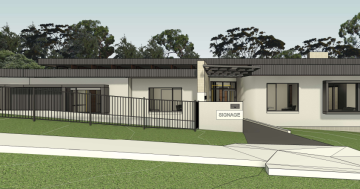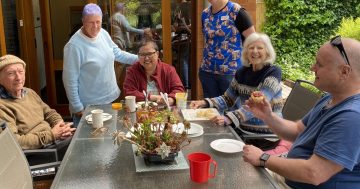
What would help more Canberrans die at home, rather than in a hospital or residential care? Photo: Palliative Care Australia
Most of us would like to die at home, very few of us do. The stark facts are that 86 per cent of Australians will spend the days and weeks before their death in a hospital ward or residential care. But Palliative Care ACT is developing an Australian-first concept called the Hub that will fundamentally change those last weeks for patients and carers.
It’s essentially a respite centre where those with a life-limiting illness can go for a few hours or a few days. “Our vision is for a warm, peaceful home away from home,” said Palliative Care ACT’s President Louise Mayo.
The centre will offer overnight respite for carers and patients, day respite that gives carers a break and will function as a central information source where carers can also meet others sharing the same experiences.
“You’re never sure how long your journey is going to be as a patient or a carer”, says Palliative Care ACT’s Louise Murphy. “Carers start out with great intentions, but it’s not always a do-able thing. There’s fatigue, isolation, lack of sleep, you can lose your social network and even your job.
“These are the secondary issues but they make a huge difference at a very stressful time. Carers, as well as patients, end up in hospital wards, and carer fatigue is something we’re trying to combat.”
It’s a situation Louise knows all too well herself. When her husband was diagnosed with Non-Hodgkins lymphoma, he didn’t want to be left in hospital, so she found herself there as well. Louise thinks that young people with life-limiting illnesses will also welcome being able to use the Hub instead of aged care centres for respite, an urgent need for those with few other alternatives.
The initial concept came from work Palliative Care ACT did with renowned local architect, Alastair Swayne. “If you think about a farmhouse, the hub is the kitchen, there are bedrooms, maybe a sleepout,” Louise Mayo says. “The concept is that people can come in and out whenever they need to do so.”
“The ACT achieves 30 per cent of deaths at home, thanks to people like our 200 volunteers, the services of Clare Holland House and the like, but that still means many people can’t die peacefully away from a hospital or residential care setting. Death is more institutionalised here than many other countries around the world. We believe the Hub is an Australian first and probably a world first.”
Palliative Care ACT also hopes to make the model scaleable for other communities to replicate. “We are very committed to building a model of care, and we acknowledge the support from the ACT government, the John James Foundation, Morgan’s Financial Services, Lend Lease and others who have put up their hands to help”, Louise says.
Palliative Care ACT launched an active fundraising campaign last weekend, with 4540 enthusiastic supporters at a gala dinner. They’re also planning to sell bricks, from $50 up and the plan is that the project will be launched by 2020. For more information, go to pallcareact.org.au
How much difference would The Hub make to your family? Would better support for staying at home make that final journey an easier one for everyone?



















